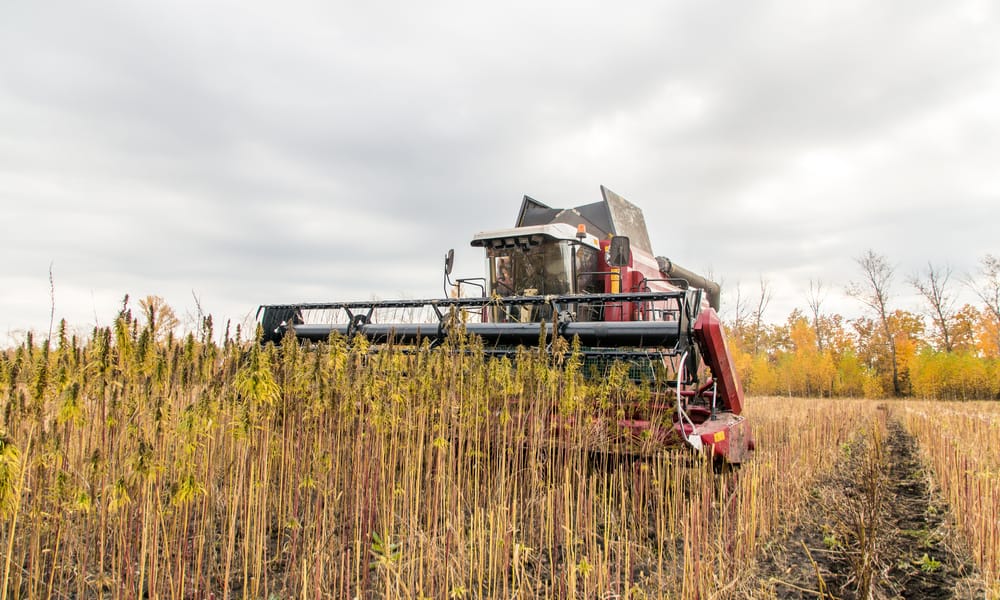Earlier this week, the Indiana House voted unanimously in favor of a measure allowing Indiana farmers to cultivate industrial hemp. The proposal, which was brought to the table by Republican Representative Jim Lucas, would give farmers the opportunity to grow hemp in the same fields as corn and other crops.
The goal is to provide the agriculture sector with a new economic opportunity—create jobs for Indiana families.
There seems to be a lot of support in the 2018 session for an upgrade to last year’s CBD oil law. Lawmakers from both parties are now pushing for a more comprehensive reform.
But the idea of allowing the cultivation of industrial hemp is not exactly the move that some lawmakers had intended. Still, supporters of the Lucas’ “jobs bill” hope to convince the naysayers that this is the right move for the state economy.
Not only would industrial hemp production lead to economic growth, but it could also open up a venue for patients to get local CBD products. Yet, federal law is still a concern.
Some lawmakers are still worried that the Justice Department and its head goon, Attorney General Jeff Sessions, are going to impose a crackdown. So they want to err on the side of caution.
“Everything I’ve seen says industrial hemp is probably a harmless crop,” Senate leader David Long told the Indianapolis Star. “I have no problem with that, I’m just not sure the federal government issue isn’t still holding us back.”
Federal Farm Bill and Hemp Legalization
In 2014, the federal government passed a bill that gives states permission to cultivate industrial hemp for research purposes. Many states, including Indiana, took advantage of this opportunity.
There were some problems, at the beginning, with respect to getting seeds without hassles by the DEA. Kentucky, which has one of the strongest industrial hemp programs in the country, made national headlines with its seed debacle.
But in Indiana, industrial hemp is a relatively quiet scene. As for now, Purdue University is the only location allowed to grow the crop. Still, no one is positive whether the “research” adheres to federal law.
“There’s been no research that I’ve seen directly,” professor Janna Beckerman, a hemp researcher at Purdue, told the Star. “It’s sort of a big wink: ‘Oh yea we’re doing research.'”
But if Indiana was to get on the same page as Kentucky, big opportunities would come-a-knocking. Some of the latest data shows that Kentucky farmers produced 3,200 acres of industrial hemp in 74 counties last year.
And the new industry has created hundreds of new jobs. The state was recently approved to grow 12,000 acres of the product in 2018.
Final Hit: Indiana House Votes to Legalize Industrial Hemp
Regardless of the obvious benefits, many conservatives in the Indiana Senate are expected to carefully approach the industrial hemp bill. This chamber is responsible for the majority of the snags with last year’s CBD proposal.
Many lawmakers still do not understand that industrial hemp does not have intoxicating prosperities. That it is impossible to get high by smoking this stuff.
They fail to comprehend that if marijuana is beer, hemp is O’Doul’s. But the two plants look similar, and that is enough for some lawmakers to turn their backs.















